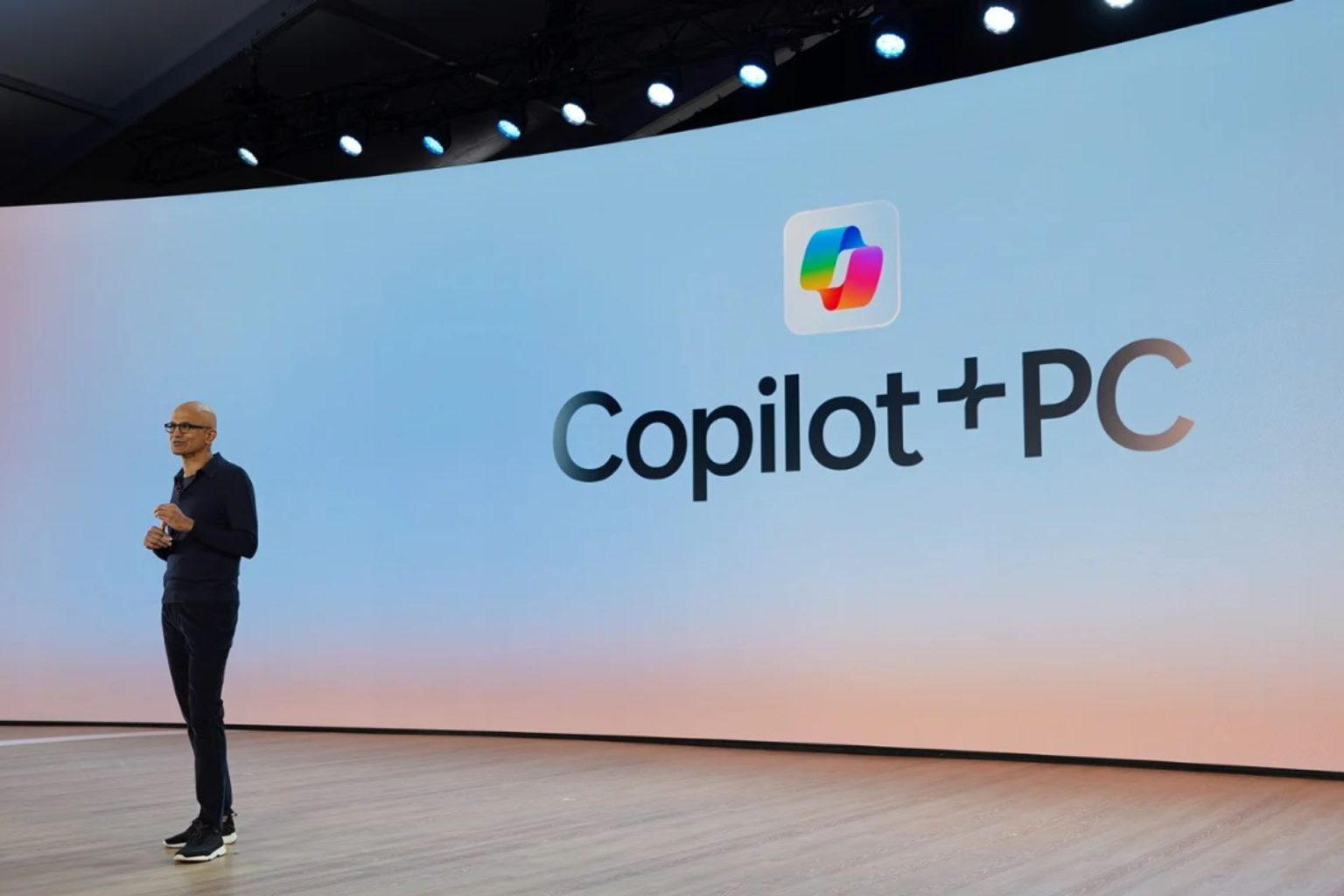|
Getting your Trinity Audio player ready...
|
Microsoft has dropped new data centre projects in the US and Europe amounting to about 2 gigawatts of electricity consumption in the past six months, due to oversupply relative to its current demand forecast for artificial intelligence (AI) services, according to research from TD Cowen analysts.
Microsoft’s shift has involved lease cancellations and deferrals, the note said.
The analysts led by Michael Elias said the move is partly related to Microsoft’s decision not to take on some training workloads from ChatGPT developer OpenAI.

Data centre plans
The two companies said earlier this year that they are modifying their multi-year business agreement so that OpenAI can use cloud capacity from companies other than Microsoft, as long as Microsoft does not want the business itself.
Microsoft is OpenAI’s biggest backer, with an investment of some $13 billion (£10bn).
TD Cowen said in February that Microsoft had abandoned data centre leases in the US, adding to questions around large tech companies’ massive spending on AI data centres.
Google stepped in to take up some of the leases Microsoft dropped in Europe, while Meta obtained some of the US capacity, the analysts said, citing supply chain checks.
Microsoft said its “significant investments” made it “well-positioned to meet our current and increasing customer demand” and added that last year it added more data centre capacity than in any other year in its history.
“While we may strategically pace or adjust our infrastructure in some areas, we will continue to grow strongly in all regions. This allows us to invest and allocate resources to growth areas for our future,” the company said in an emailed statement.
It said it remained on track to spend about $80bn on data centres in the financial year ending in June.
AI spending
Executives have said they expect the pace of growth to level off in the following financial year.
Investors have shown wariness about the billions companies are investing in data centre capacity to support power-hungry generative AI services, questioning whether the capital expenditures will be justified by sufficient returns.
In January, after Chinese AI start-up DeepSeek said it had developed high-performing AI models for a fraction of competitors’ compute costs, investors wiped $1tn from world markets, with most of the amount coming from major tech firms heavily invested in AI.
Google said it would spend $75bn on AI infrastructure this year, while Meta said it would spend up to $65bn.




